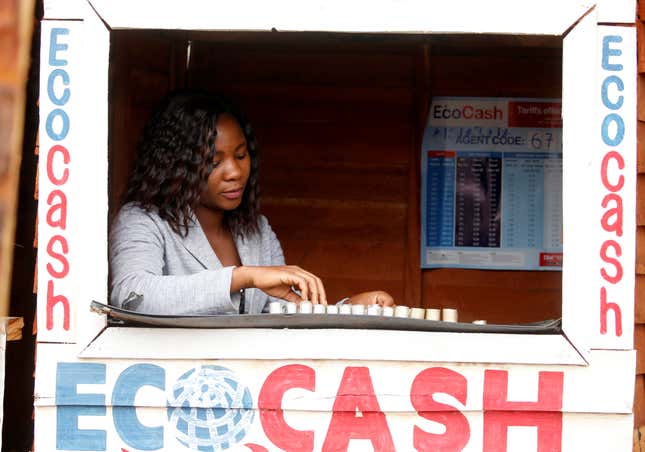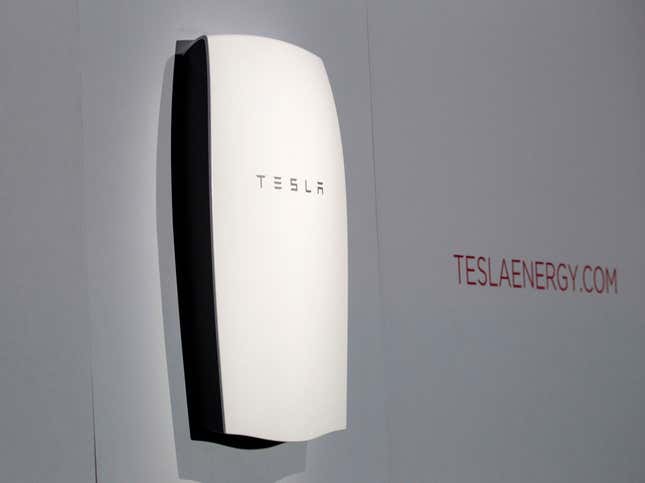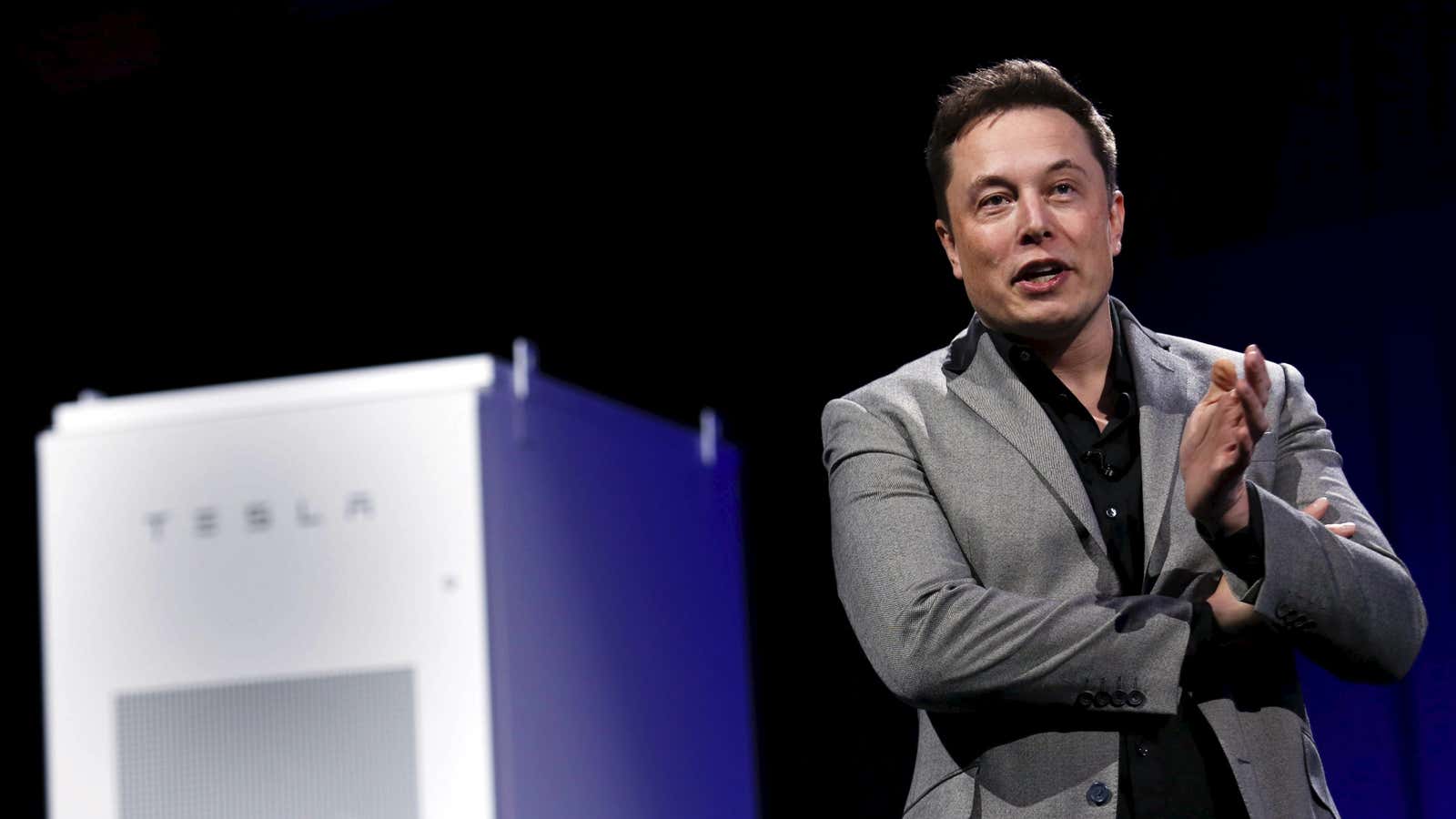Zimbabwe’s biggest mobile operate, Econet Wireless is having Tesla batteries installed at its base stations around the country as a backup to electricity shortages currently hitting the country.
The power utility company, Zesa (Zimbabwe Electricity Supply Authority), early this year, introduced 18-hour long load shedding schedules to contain the situation as it is producing less electricity due to low water levels in Lake Kariba, the country’s largest source of power, exacerbated by drought.
Zesa, which also relies on importing power from neighboring countries, owes South Africa’s Eskom around $23 million in unpaid bills. At present Eskom supplies 400 megawatts to Zimbabwe which is not enough to restore the situation to normalcy.
Zimbabwe has had cash shortages as its economy continues to fall and mobile money is essential for most daily transactions by Zimbabweans. Large chunks of the country’s economy runs through electronic systems and mobile money, which is dominated by Econet’s Ecocash with 95% market share. It’s estimated around 5 million transactions a day moving more than $200 million.

All this means local mobile network base stations need to always be on regardless of electricity shortages. In July, Econet generators failed to kick in after a power outage forcing a mobile money blackout for a day. Most citizens were stranded and economists estimated the country lost millions of dollars.
With fuel shortages and unstable prices, mobile operators are finding it hard to use diesel-powered generators to back up their stations and have turned to the Palo Alto, California-based automaker and storable-energy company Tesla to provide them with batteries to keep providing services to their subscribers.
Tesla’s larger-than-life founder Elon Musk, who was born in neighboring South Africa, launch the Powerwall in 2015. The residential version is a rechargeable lithium-ion battery designed to be mounted in a garage or on the side of a house. The device, the size of a small refrigerator can store power from a home’s solar panels, or connect to the electrical grid, storing up electricity when rates are low and providing backup electricity supply in case of a blackout.

The lithium-ion batteries stores energy and can stand up to 10 hours, enough time to power up a station until electricity supplies are restored in some parts of the country and Econet-owned solar specialist Distribution Power Africa (DPA) is currently doing the installations.
The commercial Powerwalls which costs $6,500 each will be used when solar panels cannot generate enough electricity during the night or when there is bad weather.
DPA chief executive officer Norman Moyo recently told Bloomberg his company is installing 520 Powerwall batteries, with two going into each base station of the 1,300 base stations in the country. He said base stations power supplies were critical considering that for transactions to run in Zimbabwe telecom network should be up adding that “Telcoms have become the lifeblood of the economy.”
Sign up to the Quartz Africa Weekly Brief here for news and analysis on African business, tech and innovation in your inbox
